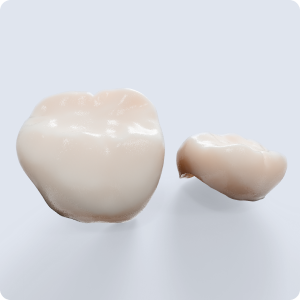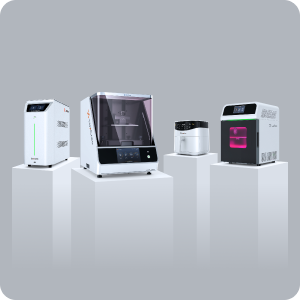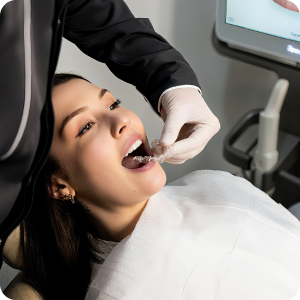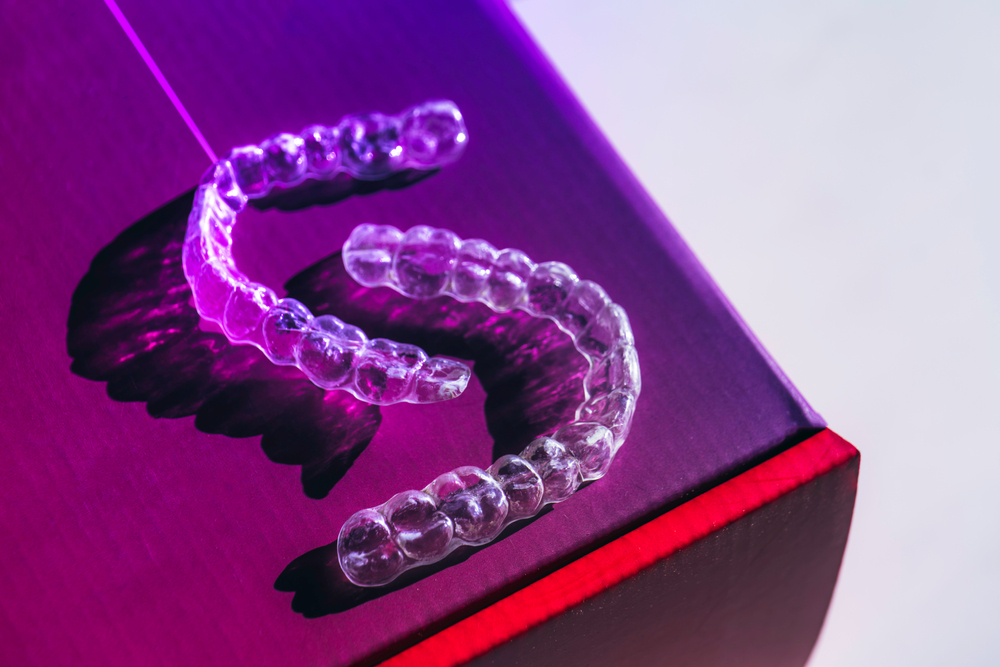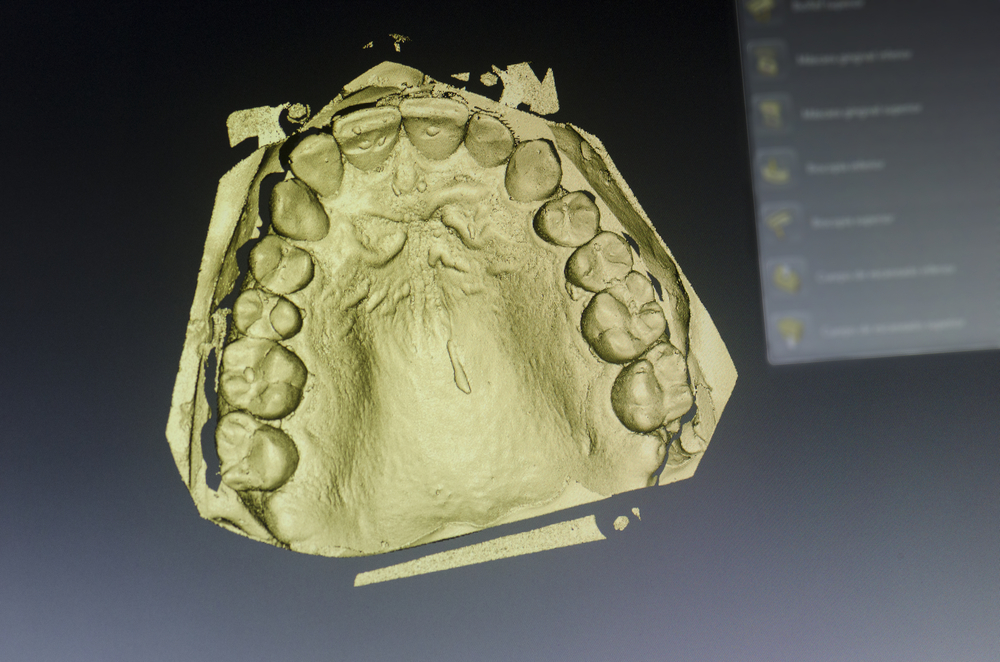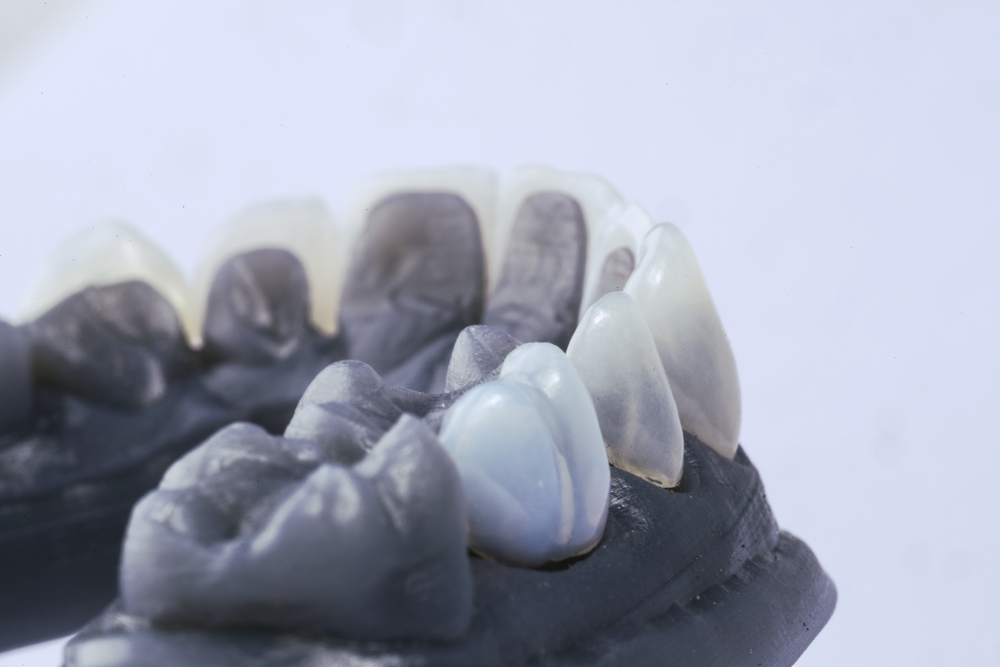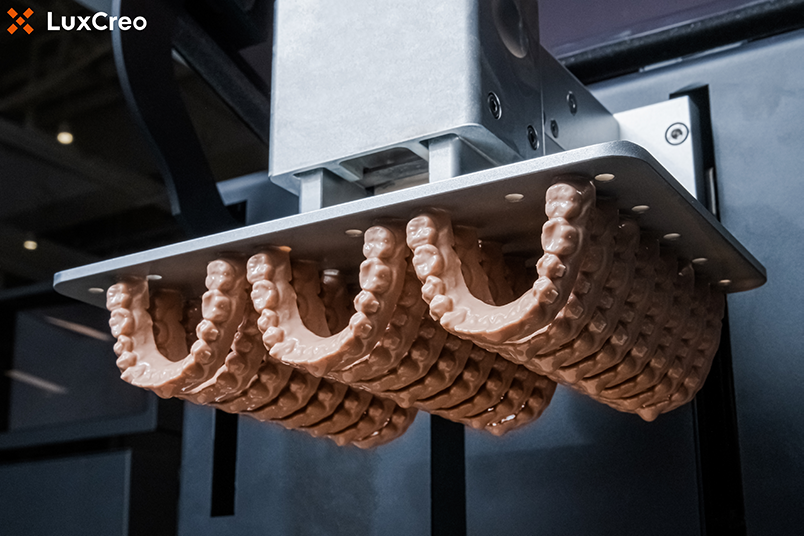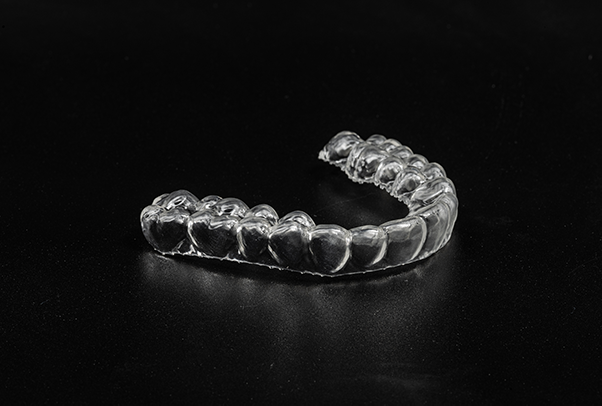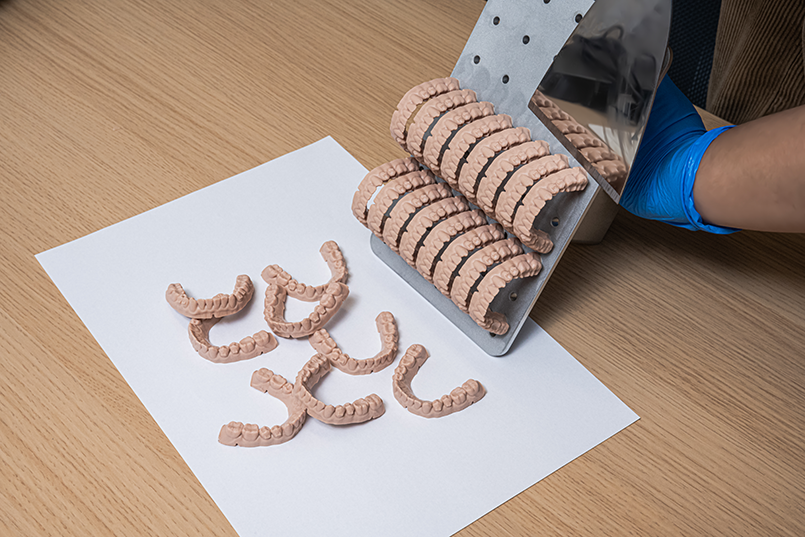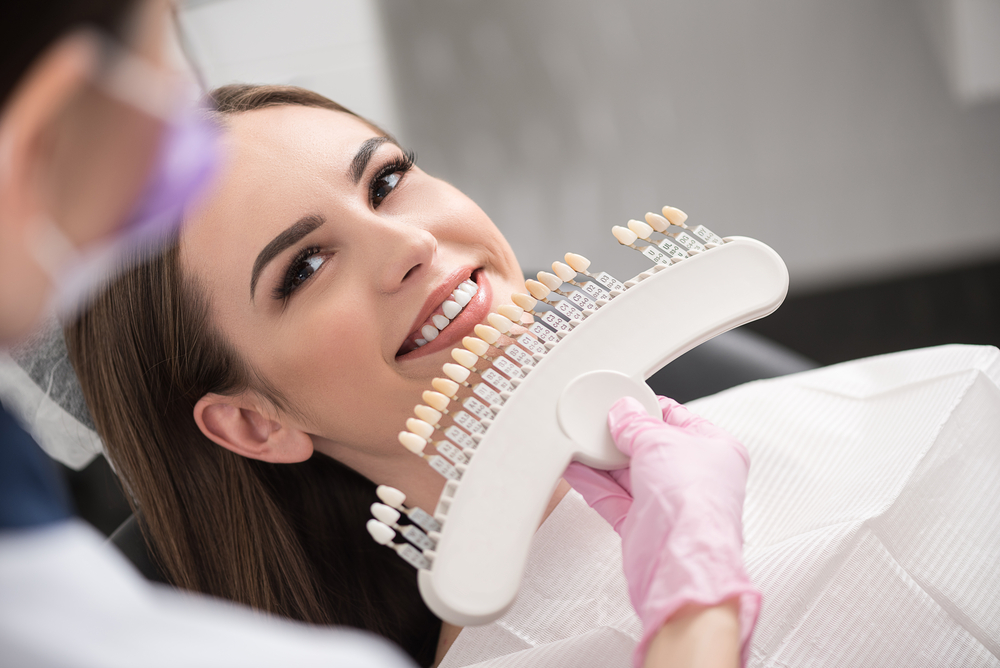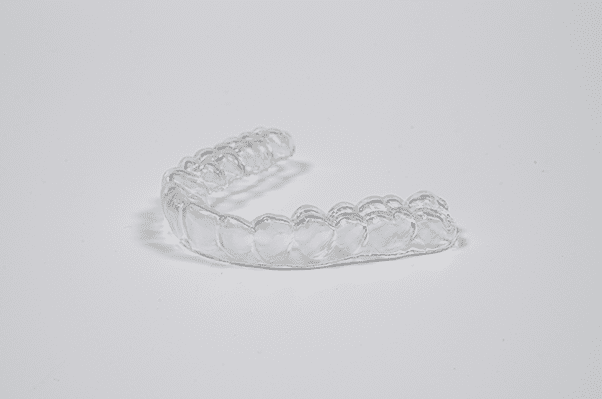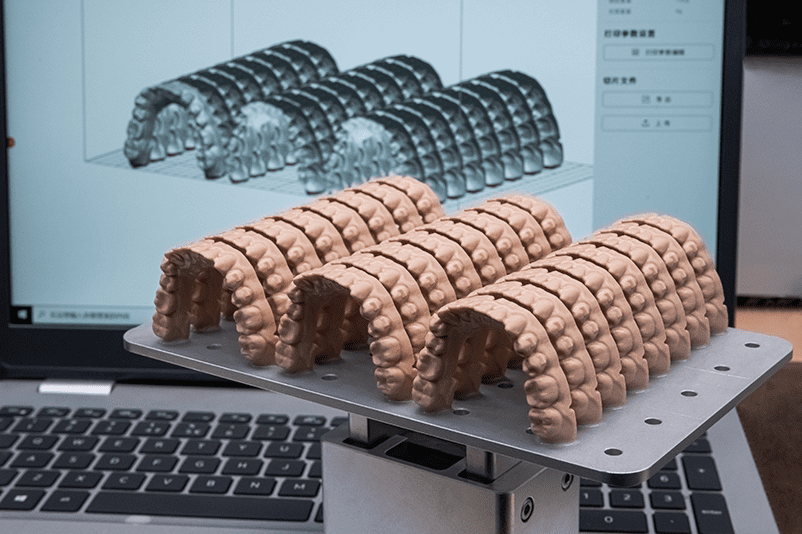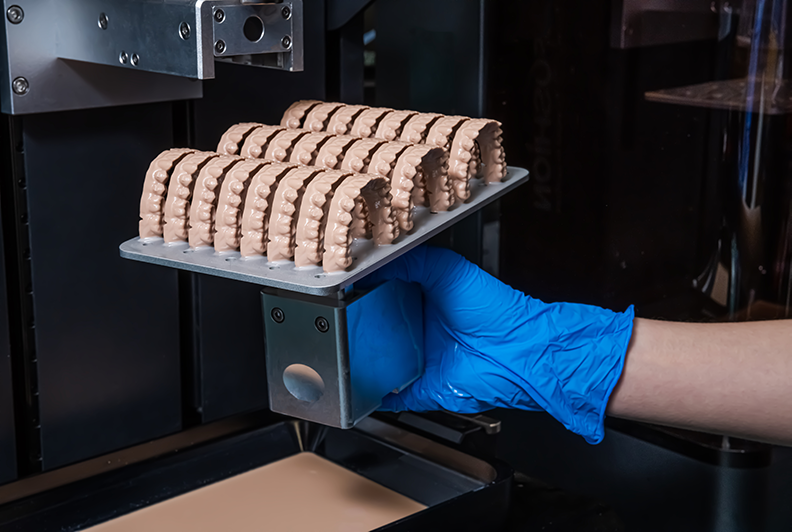Dental
3D Printing Dental Retainers: Evaluating Color, Fit, Cost, and Workflow
3D printing dental retainers provide a much faster and cost-competitive option. However, there are concerns on 3D-printed retainers including color, clarity, and fit. Today’s advanced additive manufacturing systems allow greater control over color and clarity while providing an efficient and streamlined workflow for 3D printing dental retainers.
Read MoreHow to 3D Print Dental Study Models
With recent advancements in additive manufacturing machines, 3D-printable resins, and 3D printing dental software, practices and labs can use 3D printers to produce dental study models faster than the traditional casting process. 3D printing replaces the many steps in traditional model manufacturing with a fast and easy printing process that yields a more accurate product.
Read MoreFour Benefits of 3D Printing Orthodontic Study Models
With a long fabrication process, it’s desirable to cut down production time and eliminate some steps without sacrificing accuracy. 3D printing is an alternative to the traditional process used to fabricate study models. It offers numerous advantages, reducing cost and discomfort for patients, and contributing to more desirable treatment outcomes.
Read MoreFive Benefits of Using a 3D Printing Dental Lab
Today, lab/practice partnerships are more beneficial with the accessibility of 3D printers. Advanced 3D printing solutions produce devices with a faster turnaround time than traditional and even legacy 3D printing methods. The innovative resins and resin-printing techniques used by modern 3D printers offer industry-leading strength, accuracy, and transparency leading to better end products.
Read MoreThe Benefits of 3D-Printed Orthodontic Retainers
3D printing technology improves the retainer creation process by accelerating product turnaround time, eliminating the need for dental molds, and allowing orthodontists to produce retainers in-house.
Read MoreHow to Choose the Best 3D Printer for Dentures
Choosing a digital denture solution can reduce turnaround time and material costs. To determine which solution is best aligned to your practice, follow this guide on choosing the best 3D printer for dentures.
Read More3D Printing and the Dental Crown Manufacturing Process
In the past, digital workflows used a combination of CAD/CAM software and CNC milling to make crowns. 3D printers could not make permanent crowns because the materials did not have the appropriate mechanical properties, and there was poor accuracy or fit. With recent advancements in 3D-printable resins, 3D printers can produce permanent crowns that meet mechanical property requirements and make them faster and more cost-effectively than CNC milling. 3D printing is streamlining the dental crown manufacturing process and can benefit labs and dental practices.
Read More3D Printing Clear Aligners: In-house vs. Outsourcing
Advancements in 3D printing technology are improving the production of clear aligners. Today’s 3D printing solutions are widely available to both dental labs and private practices. Orthodontists can now choose between outsourcing aligner production to a lab or
in-house production.
Four Advantages of 3D Printing in Dentistry
3D printing has been leading advancements in dental technology. It has enabled the clear aligner industry to reach a 2.31 billion dollar market size, quickened the turnaround production time of oral devices, and raised dental models’ accuracy. Dental industry professionals can benefit from integrating 3D printing solutions into their workflows.
Read More3D Printing in Dentistry: Outsourcing, Bringing In-house, or Both?
3D printing technology is transforming the dental industry for providers and patients. Both dentists and orthodontists have been leveraging 3D printers to create durable, customized appliances with increased frequency year…
Read More


